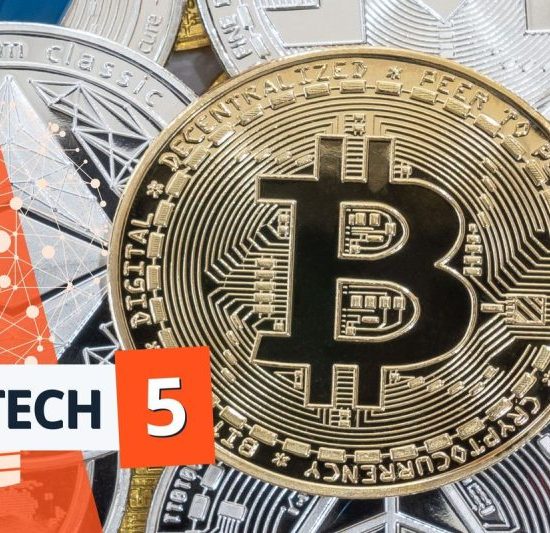In an era where technology is constantly changing and influencing world economies, it is critical to keep an eye on momentous events as they unfold. Among the top occurrences in the tech industry, recently two major decisions stirred up some waves, made by the United States Securities and Exchange Commission and the US Commerce Department respectively: the SEC’s delay in deciding on the Spot Ethereum ETF and the revocation of Huawei’s sales licenses for Intel, Qualcomm.
In the world of blockchain and cryptocurrencies, the Securities and Exchange Commission (SEC) bears a great deal of influence. Their rulings can make or break many blockchain-related businesses and innovations. Therefore, one of the most tracked occurrences in this tech ancillary has been their decision on the Spot Ethereum ETF. Instead of coming straight out with a verdict, however, the SEC has chosen to delay its decision.
This delay essentially prolongs the period of speculation and uncertainty for investors and crypto enthusiasts. Ethereum, being the second-largest cryptocurrency, has been seeing increased interest and investment, especially with the rise of decentralized finance (DeFi) applications that utilize its blockchain. A lot of ventures and investors are eagerly waiting for this decision as it could legitimize Ethereum even further and potentially mark a significant growth in its value. Thus, this delay has brought both suspense and anticipation in the blockchain sphere, promising significant ramifications once a decision is eventually made.
On another front, a powerful move was enacted that has had significant consequences for the tech giant, Huawei. The US Commerce Department revoked the sales licenses for Intel and Qualcomm, both of which were provided to the China-based tech company. The decision ties into the ongoing geopolitical tensions between the US and China that notably impact the tech sector.
Huawei had been using microchips from Intel and Qualcomm in their equipment. The revocation of these licenses will restrict the tech giant’s access to state-of-the-art chips for its products, forcing it to seek alternatives. The impact of this decision can already be seen in Huawei’s strategic moves, as the company swiftly responded by developing its own in-house chips and software to sustain its production.
This decision paints a broader picture of the role of technology in global commerce and politics, underscored by the increased scrutiny and regulation of intermingled tech and geopolitical landscapes. Actions such as these deeply influence the strategic maneuvers of tech giants like Huawei, potentially affecting economies on a global scale.
In a nutshell, the past events suggest a tumultuous journey for both the blockchain industry and international tech firms. The SEC’s delay in the decision for Spot Ethereum ETF continues to keep investors and enthusiasts on their toes, while the US revocation of Huawei’s sales licenses for Intel and Qualcomm confronts us with the power clash in the tech sector among global powers. Undoubtedly, the implications of these decisions will continue to shape the future of the tech world in more ways than one.




